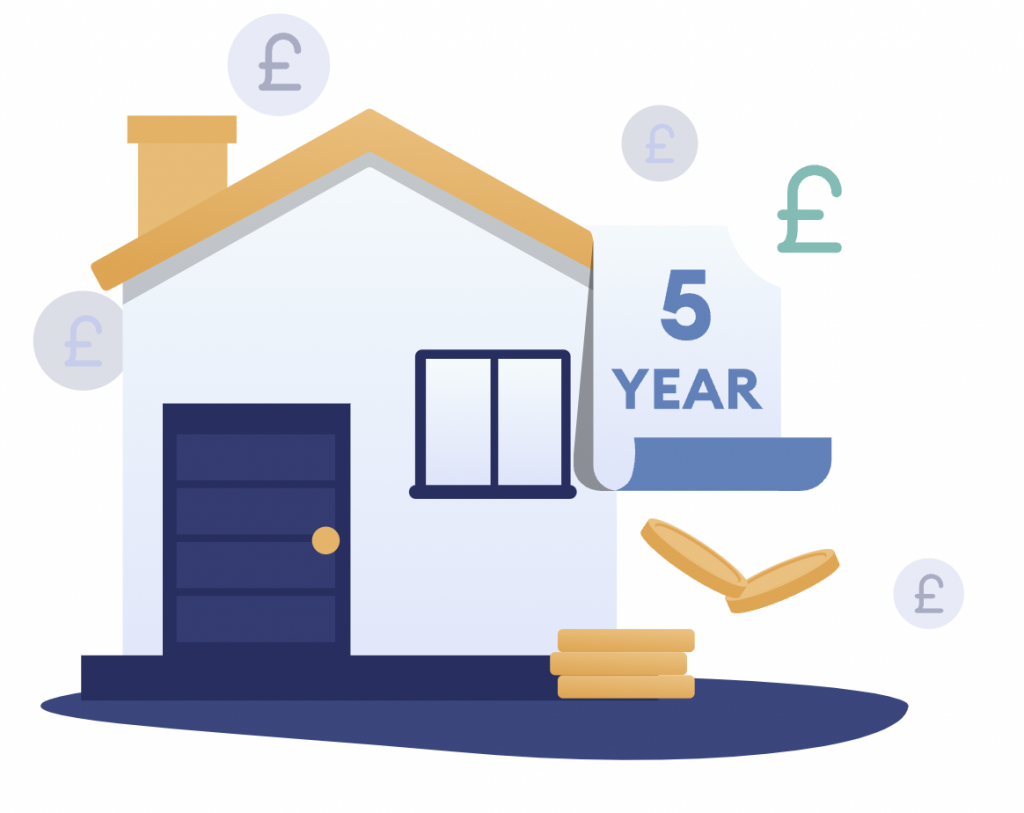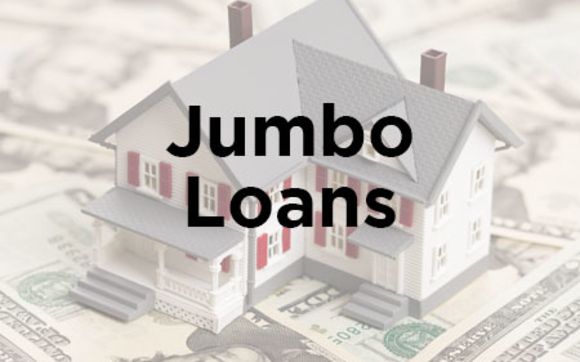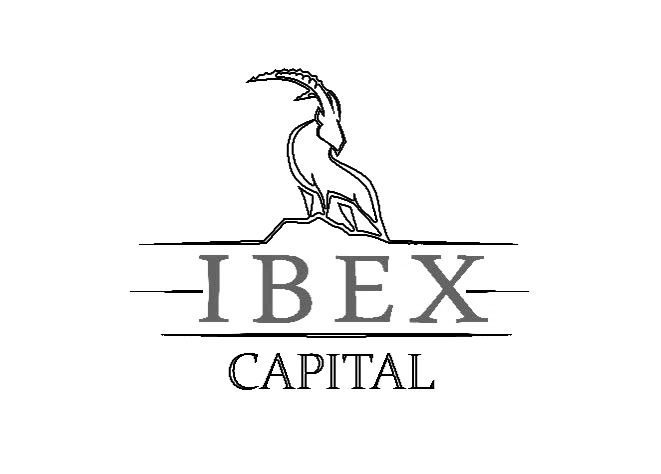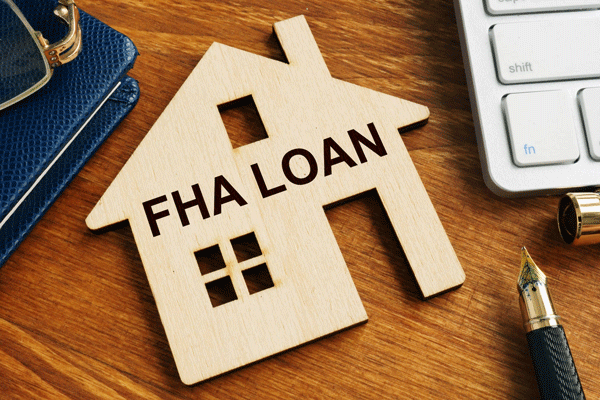FHA Loan
The FHA, or Federal Housing Administration, provides mortgage insurance on loans made by FHA-approved lenders. FHA insures these loans on single family and multi-family homes in the United States and its territories. It is the largest insurer of residential mortgages in the world, insuring tens of millions of properties since 1934 when it was created.
- FICO® score at least 580 = 3.5% down payment.
- FICO® score between 500 and 579 = 10% down payment.
- MIP (Mortgage Insurance Premium ) is required.
- Debt-to-Income Ratio < 43%.
- The home must be the borrower’s primary residence.
- Borrower must have steady income and proof of employment.

Fixed-Rate Mortgage
The term “fixed-rate mortgage” refers to a home loan that has a fixed interest rate for the entire term of the loan. This means that the mortgage carries a constant interest rate from beginning to end. Fixed-rate mortgages are popular products for consumers who want to know how much they’ll pay every month.
VA Loan
The Department of Veterans Affairs (VA) Home Loan program guarantees loans made to eligible Veterans, Servicemembers, Reservists, National Guard members and certain surviving spouses.
VA guarantees a percentage of the loan. This helps the Veteran obtain a no-down payment mortgage at a competitive interest rate that does not require private mortgage insurance.
VA-guaranteed loans may also be refinanced.
Persons who may qualify for VA-guaranteed loans include:
- Veterans
- Reserve and National Guard members (called to active duty)
- Active duty Service members
- Current Reserve and Guard members (after six years of creditable service)
- Certain surviving spouses
To be eligible, the Veteran/Servicemember must have been discharged under conditions other than dishonorable and meet the length of service requirements.
As a requirement for a VA home loan, the Veteran, the Veterans’ spouse, or dependent child must certify occupancy for the property.

203(K) REHAB MORTGAGE
A 203(k) loan enables homebuyers and homeowners to finance both the purchase (or refinancing) of a house and the cost of its rehabilitation through a single mortgage or to finance the rehabilitation of their existing home. A203(k) loan offers a solution that helps both borrowers and lenders, insuring a single, long term, fixed or adjustable rate loan that covers both the acquisition and rehabilitation of a property.
USDA Loan
Also known as the Section 502 Direct Loan Program, this program assists low- and very-low-income applicants obtain decent, safe and sanitary housing in eligible rural areas by providing payment assistance to increase an applicant’s repayment ability. Payment assistance is a type of subsidy that reduces the mortgage payment for a short time. The amount of assistance is determined by the adjusted family income.

Jumbo Loan
A jumbo loan, or jumbo mortgage, is a mortgage loan that exceeds the limits set by the Federal Housing Finance Agency (FHFA). Jumbo loans are called non-conforming loans because they don’t conform to these limits.
Since jumbo mortgages don’t have the guarantees that come with conforming loans, borrowers tend to be subject to greater scrutiny and may have higher borrowing costs. A jumbo loan may attract different investors than those who customarily buy conventional mortgage bonds.
First time Homebuyer
First time homebuying can seem overwhelming. Luckily, there are several loan programs for assistance with your down payment and closing costs, including charitable and government-sponsored programs. Local and federal tax credits can lessen the bite, and educational programs can offer help at every step. Talk with your mortgage professional for more detailed information

INVESMENT PROPERTY LOANS
These loans are structured simply for the use of a home you are planning to use as an investment, and not to live in full time. Often referred to as NON OWNER OCCUPIED loans, these loans will have higher qualification requirements. Often times there will need to be a larger down payment if it’s a purchase, or greater equity position than your standard OWNER OCCUPIED loan, and sometimes a bit of a rate adjustment for the worse. These can be great loans, depending on your goals for your investment strategy.
DSCR Loans – NO INCOME QUALIFIER
These loans MUST be for NON OWNER OCCUPIED homes (Investment properties). These loans go through the same underwriting processes and have similar qualification requirements as all of the other loans do, however they DO NOT require proof of income IF the rental income generated from the property EXCEEDS the mortgage payment (PRINCIPLE, INTEREST, TAXES, INSURANCE AND ASSOCIATION DUES).

Home Equity Loans and Lines
Home equity loans and home equity lines of credit (HELOCs) are loans that are secured by a borrower’s home. A borrower can take out an equity loan or credit line if they have equity in their home. Equity is the difference between what is owed on the current mortgage loan and the home’s current market value. In other words, if a borrower has paid down their mortgage loan to the point that the value of the home exceeds the outstanding loan balance, the borrower can borrow a percentage of that difference or equity, generally up to 85% of a borrower’s equity.
Because both home equity loans and HELOCs use your home as collateral, they usually have much better interest terms than personal loans, credit cards, and other unsecured debt. This makes both options extremely attractive.





